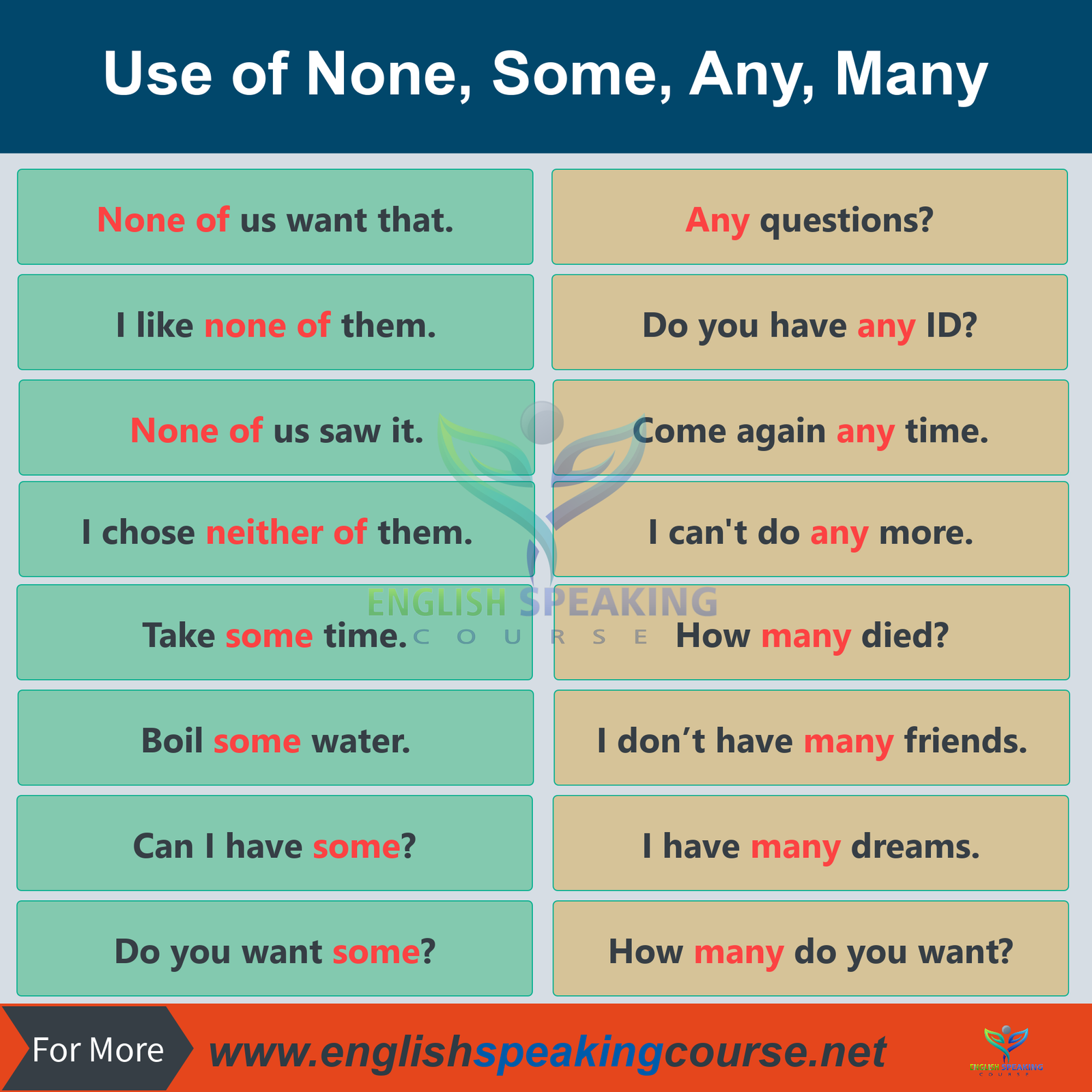
Other derivatives are formed because English speakers are dissatisfied with an existing expression. When one scholar needed to talk frequently about "making something unambiguous," he formed the derivative disambiguate clarify might have done as well, but presumably the greater precision of disambiguate offset its lack of grace.

When heads of state began holding "summit meetings" to discuss diplomatic problems, we needed a word for the process and thus coined summitry. Some new derivatives are formed because otherwise we have no simple way to express their meaning. Like compounding, derivation is a process of word-making that is still much used. Because the actual coinage of the latter group of words took place in another language, their parts are not as immediately obvious as those of native formations like kindness. Kind and its derivatives are native English formations, whereas the derivatives of liber- are loan-words from Latin and French and thus had been formed before they entered English. Kindly, kindness, unkind are all derivatives of kind, as are liberal, liberty, and liberate of the bound base liber.

This process of making words is also an old and a productive one in English. Aderivative is a word formed by adding affixes to another word or to a bound base. Choose any of the following topics to write a short essay:ĥ) From time to time men feel the need for a new word…Īnother method of forming new words is derivation. Express your own opinion of the content of the text.ġ1.


 0 kommentar(er)
0 kommentar(er)
